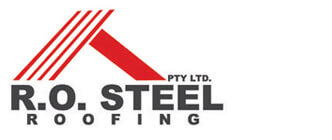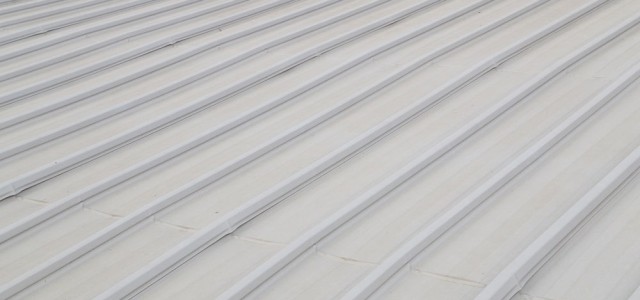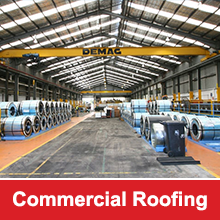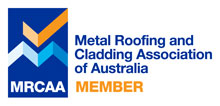Zinc roofing is certainly not a new introduction to the market. It has been around for quite some time and is often favored for the lovely patina it develops over time. When zinc is used as a construction material, it is typically fabricated as an alloy. In most instances, it is 99.995 percent pure zinc and is produced using an electrolytic process that also involves trace quantities of titanium and copper. Copper is included in the production because it offers the benefit of mechanical resistance, which can make zinc easier to handle. Titanium is added in order to help in alleviating the tendency of the material to creep. In the past, when a pure zinc sloped roof was used, it had a tendency to become thicker at the bottom within just a few years. The zinc in the roof would actually creep down the slope of the roof over time. By adding titanium, this problem can be eliminated.
Numerous benefits are offered by zinc roofing. One of the most common reasons why many people opt for zinc roofing is the fact that it is able to resist corrosion while developing its own distinctive patina over time. This patina, which is a thick layer of zinc carbonate, not only provides a lovely appearance but also helps to protect the roof. As a result, zinc roofs are extremely durable and provide greater longevity than many other types of roofing materials currently available on the market. Many people are often surprised to learn that a zinc roof can remain functional for up to 50 years in urban settings and for a century in rural environments.
Additionally, the patina that a zinc roof develops over time acts much like a self-repairing tool that allows the roof to correct damage, such as scratches. By comparison, many other types of roof require maintenance on an ongoing basis. This is not the case with a zinc roof.
Zinc is also extremely malleable, which means that it can be molded into practically any type of shape, making it ideal for low radius designs, a feat that can be difficult to accomplish with other types of roofing materials.
Eco-conscious homeowners will also enjoy the fact that zinc offers many environmental advantages, as well. For instance, the energy that is required to produce a zinc roof is much lower than that required to produce other types of roofing materials. In instances in which a zinc roof is produced from recycled materials, the energy consumption necessary is even lower. Zinc can be completely recycled with no concerns over it degrading or losing its initial properties. Thanks to the fact that it is so lightweight, zinc is also less expensive to ship than other roofing options.
Finally, a zinc roof is also quite easy to install, although a professional roofing contractor is advised.
While a zinc roof may be more expensive initially than other roofing options, many homeowners find that in the end it is actually a cost-effective investment.
Thanks so much for reading,
R.O. Steel Roofing
(02) 9660 5937






Comments are closed.